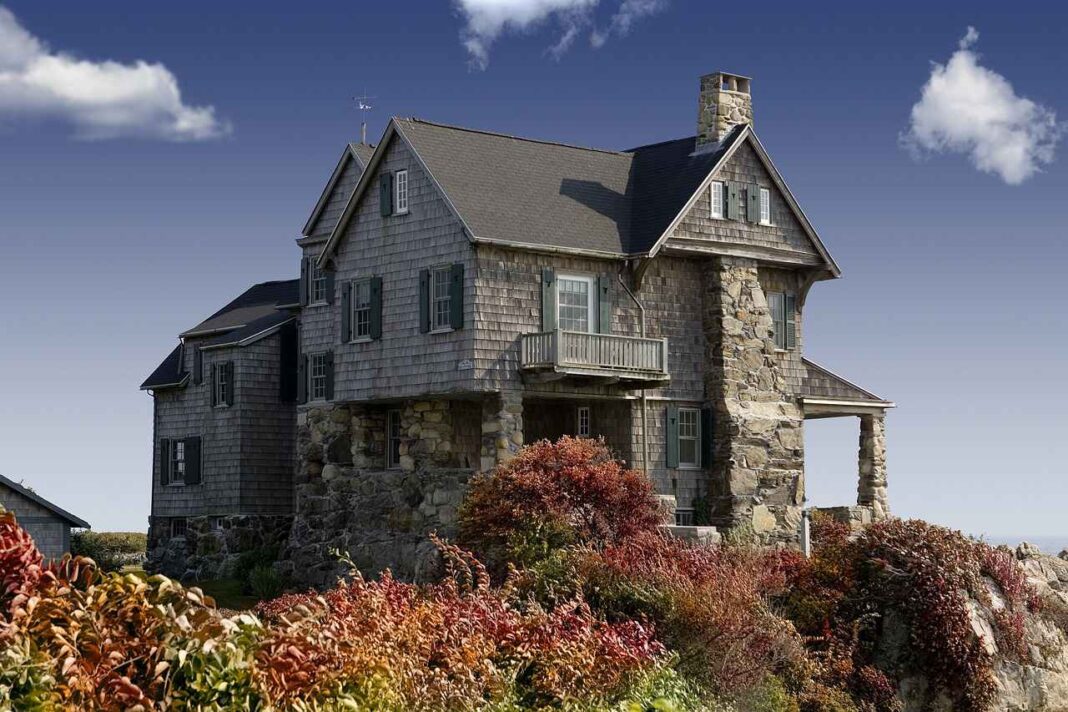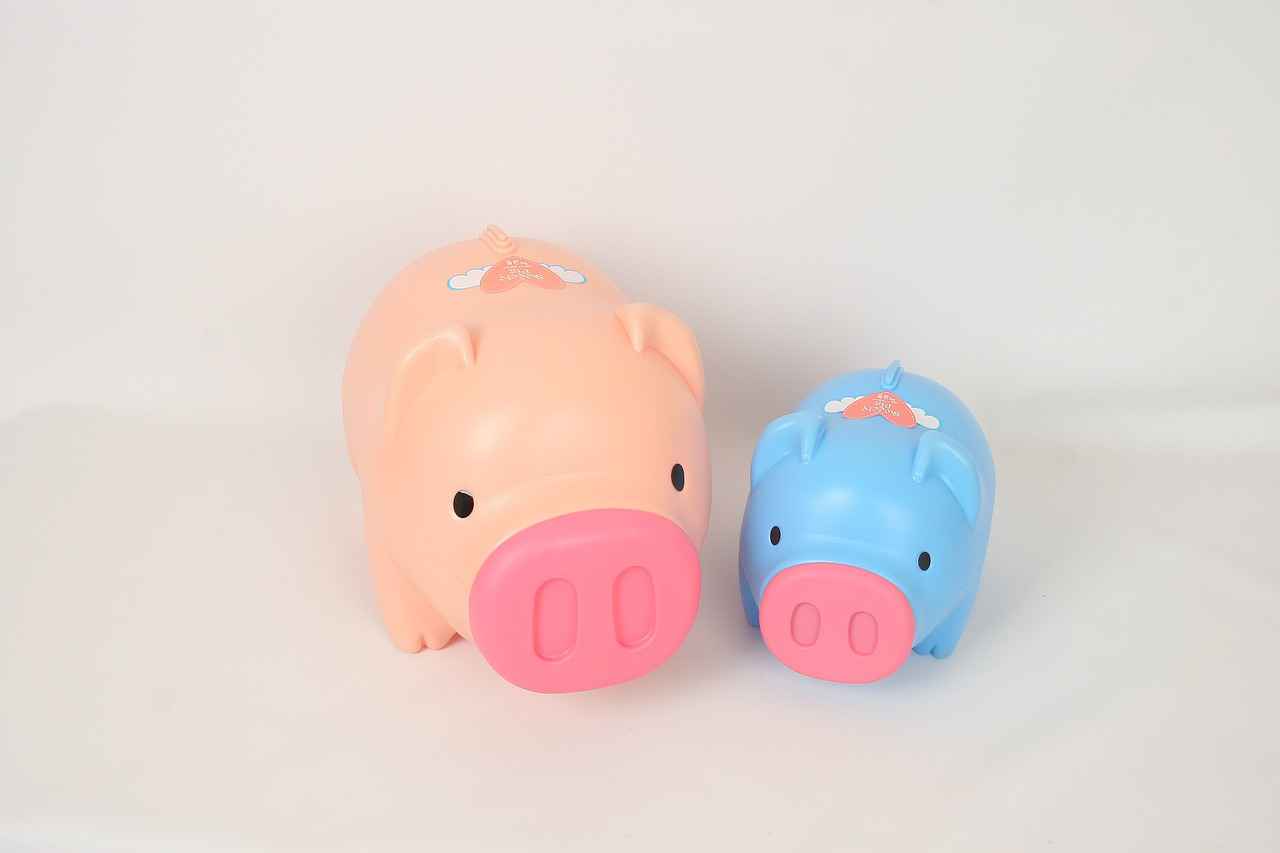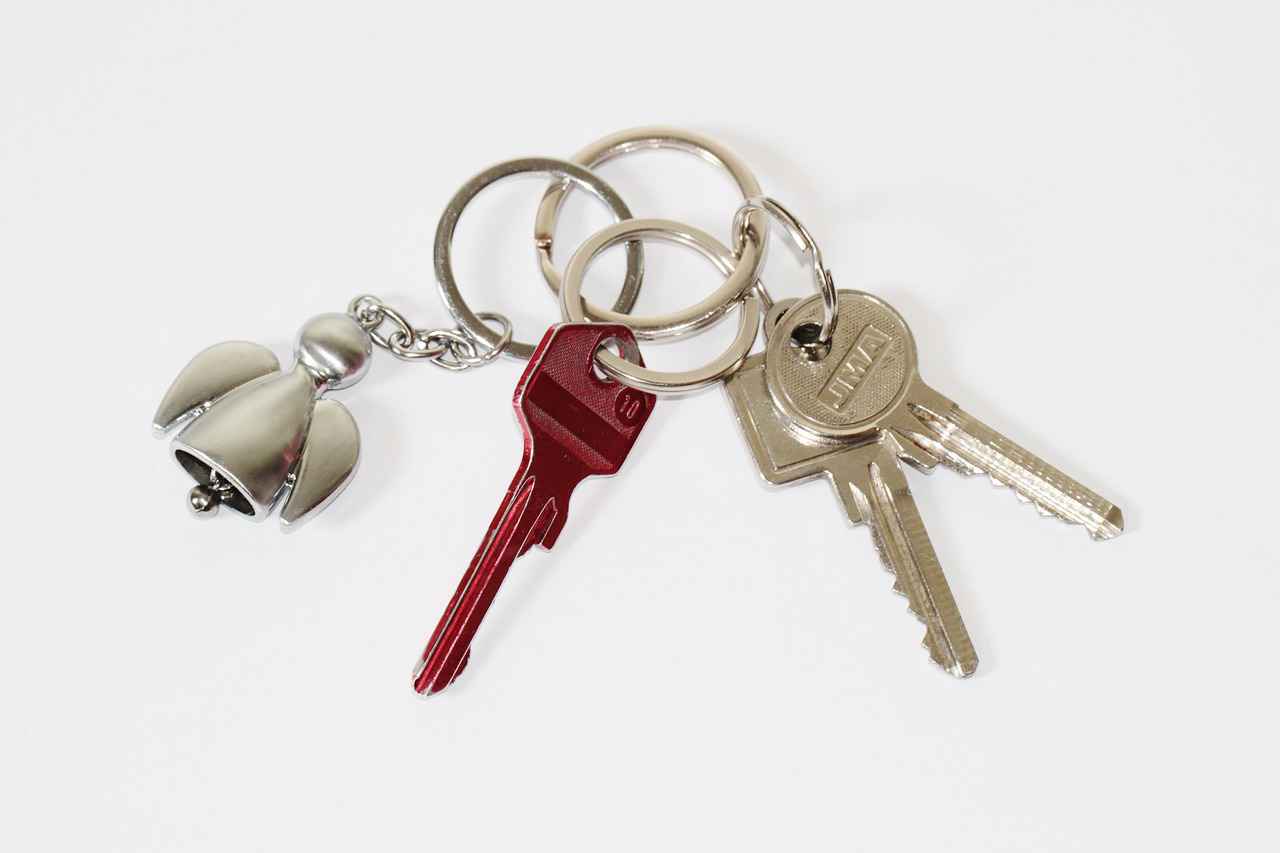In 2020, during the initial lockdown, we purchased what we thought would be our forever home, opting for something larger and more comfortable since we’d be spending a considerable amount of time indoors. This new home, 35% bigger than our last, seemed ideal with ample space for our two children and guests, and well-insulated for privacy across its multiple levels.
Despite our initial enthusiasm, I’m skeptical about this being our last stop. My history with real estate since 2003 suggests we might find ourselves looking for another “forever home” within the next decade. In competitive real estate markets, securing a property can often feel like a final victory. Yet, life has a way of evolving, often pushing us toward new environments.
For instance, in 2004, I bought what I believed was our forever home—a spacious four-bedroom house. However, life had other plans, and without the family expansion we anticipated, we downsized in 2014 to a smaller, quieter place by the sea, renting out our larger home. Now, with our child-growing years behind us and diminishing energy levels, our living requirements are simplifying, though the arrival of another child could reshuffle our plans again.
The likelihood of settling in your forever home is slim if you’re under 40. I’ve observed that it’s only after 45 that people tend to find a permanent setting, with more than a 50% chance of staying put.
Our desires and financial capacity evolve as we grow older, affecting our living standards and expectations from our homes. Despite our intentions to spend wisely, it’s challenging to predict financial futures accurately, causing many to hoard wealth against potential downturns. But within a decade, most of us are likely to be significantly wealthier, changing our perspectives on what we consider suitable living arrangements.
Reflecting on the homes I’ve owned, their value as a percentage of my net worth has decreased dramatically over time. A property that once accounted for 35% of my net worth now stands at less than 3%, despite still being a cherished vacation spot. This shift underlines a potential desire for larger or more luxurious accommodations as financial situations improve.
Buying a forever home often involves compromises and rationalizations about over-spending, similar to buying a high-mileage car with the justification that it’ll be used for a long time. My recommendation is to buy the best home you can reasonably afford, ideally no more than 5X your household income, even if that’s a stretch by historical standards. This approach assumes that your income will continue to increase, aligning with your home’s value.
The concept of a forever home is more fluid than fixed. Life’s unpredictability and changing personal circumstances mean that a home that suits you perfectly today might not be the right fit in a decade. If you do decide to buy, consider staying for at least 10 years to maximize your investment and enjoy the space you’ve created. This duration allows you to settle in, enjoy your home, and potentially ride out any market downturns, giving your property time to appreciate in value.
Ultimately, the idea of a forever home is attractive but often unrealistic. Our needs, desires, and financial circumstances change too frequently to commit to one forever place. Instead, focus on finding a home that meets your current needs and allows for future flexibility.









































